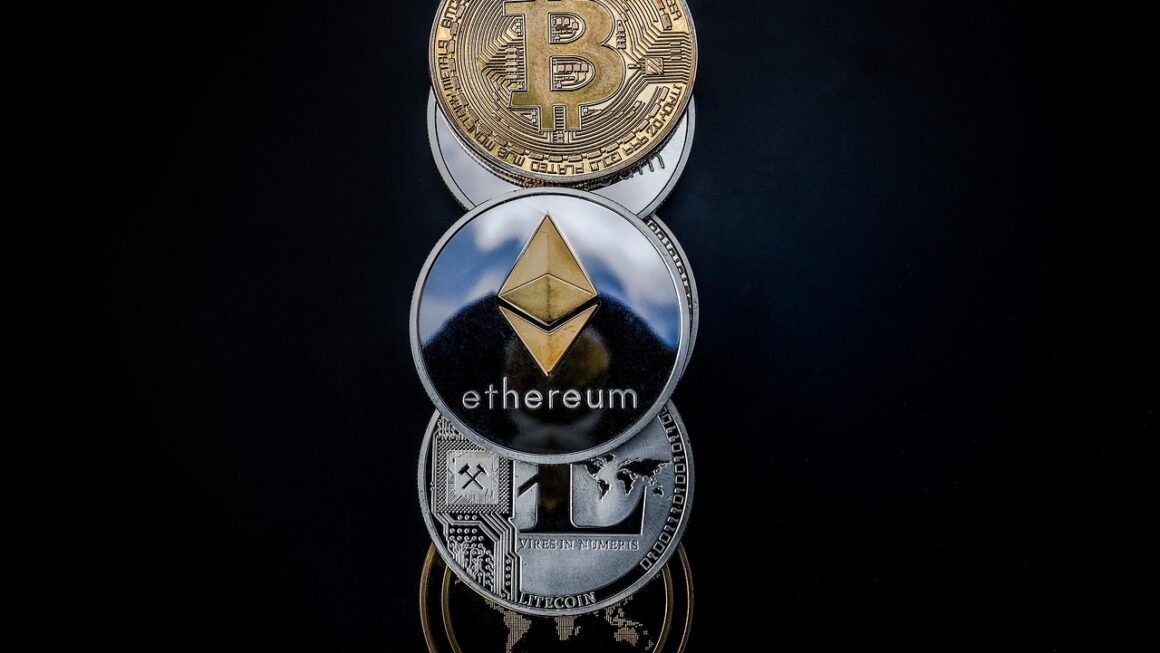“`html
In the ever-evolving world of blockchain technology and decentralized systems, the concept of oracles has emerged as a critical component. These digital bridges facilitate communication between smart contracts and external data, enabling blockchain applications to interact with real-world events. As the demand for data-driven smart contracts grows, understanding oracles becomes essential for developers, businesses, and investors alike. In this blog post, we will explore the different types of oracles, their applications, and why they are vital for the future of decentralized systems.
What Are Oracles?
Oracles are third-party services that provide smart contracts with external data, enabling them to trigger actions based on real-world information. Without oracles, smart contracts would remain isolated within their blockchain ecosystems, limiting their functionality. Here’s a deeper look into the fundamental aspects of oracles:
Types of Oracles
- Inbound Oracles: These oracles deliver external data to the blockchain, such as weather conditions, stock prices, or sports scores.
- Outbound Oracles: These oracles send data from a smart contract to external systems, enabling actions like triggered payments or notifications.
- Software Oracles: Mainly gather data online, such as APIs, public data feeds, and databases.
- Hardware Oracles: These connect smart contracts with real-world events through devices like sensors, barcode scanners, or RFID tags.
- Consensus Oracles: These derive data from multiple sources to enhance accuracy and mitigate single-source errors.
How Oracles Work
Understanding the mechanics of oracles is key to leveraging their capabilities. Here is a step-by-step explanation of how they function:
- Data Collection: An oracle collects data from trustworthy external sources.
- Verification: The collected data is verified for accuracy before transmission.
- Data Transmission: The verified data is sent to the smart contract on the blockchain.
- Smart Contract Execution: The smart contract, upon receiving the data, executes its predefined actions based on that information.
Benefits of Using Oracles
Incorporating oracles into blockchain solutions provides numerous advantages:
- Access to Real-World Data: Oracles bridge the gap between the blockchain and real-world events, enabling smart contracts to function effectively.
- Increased Automation: Automating processes through oracles reduces the need for human intervention and minimizes errors.
- Enhanced Functionality: Smart contracts can perform more complex functions by incorporating diverse data inputs.
- Real-Time Data: Oracles can provide up-to-the-minute information, ensuring decisions are based on the latest data.
Applications of Oracles
Oracles find applications across various industries, paving the way for innovative solutions:
Finance
In finance, oracles play a pivotal role by:
- Providing real-time price feeds for decentralized exchanges (DEXs).
- Enabling automated lending and insurance contracts based on market events.
Supply Chain Management
In supply chain scenarios, oracles can:
- Track goods using hardware oracles for real-time updates on product status.
- Trigger payments upon successful delivery confirmation through inbound oracles.
Gaming
In the gaming industry, oracles can enhance user experiences by:
- Providing random number generation for fair outcomes in games.
- Integrating real-world events into gameplay, such as live sports events.
Challenges and Considerations
While oracles offer numerous benefits, there are also challenges to consider:
Data Integrity
Ensuring the accuracy and reliability of input data is paramount for the functioning of smart contracts. Issues can arise if the oracle itself is compromised or provides false data.
Centralization Risks
- Single Point of Failure: Relying on one oracle can create vulnerabilities.
- Trust Issues: Users must trust the oracle provider for accurate data. Decentralized oracle networks can help mitigate this risk.
Conclusion
Oracles are vital to the evolution of blockchain technology, bridging the gap between decentralized systems and real-world data. Their diverse applications across industries like finance, supply chain, and gaming illustrate their transformative power. While challenges such as data integrity and centralization risks exist, advancements in decentralized oracle networks are paving the way for more reliable solutions. As decentralized technology continues to reshape industries, understanding and leveraging oracles will be crucial for businesses and developers aiming to harness the full potential of blockchain.
“`




